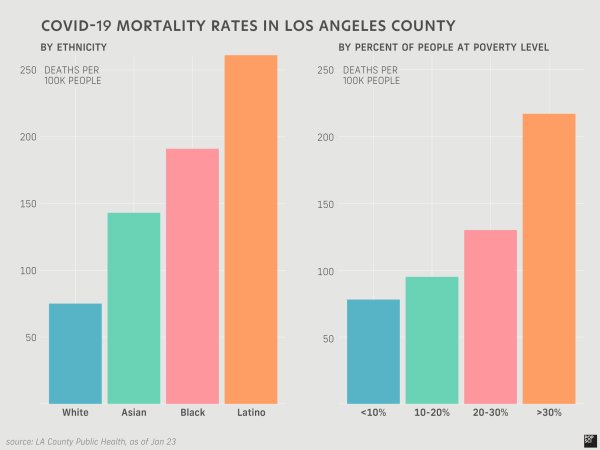

Do you go to Google first when you find a weird blemish on your skin or have a pain in your back? The Alphabet-owned company seems to think so, but it also thinks that you should probably get a professional opinion, too.
A 2019 study in Public Health Reports found that the majority of the surveyed population say they scour the web to find the source of their ailments, with 69 percent saying that the internet is their first destination for medical and health information. However, only 30 to 40 percent of people reported finding actually useful resources and guidance in their search journeys, while others say they grew frustrated with the process.
“Navigating the US healthcare system can be quite challenging,” Hema Budaraju, director of Google Search, noted in a blog post this week. To help, Google is testing out some new tools and features to make the process of finding healthcare information more efficient.
[Related: Google’s about to get better at understanding complex questions]
One way they’re doing this is by adding a filter on Google Maps that lets you sort by “Accepts Medicare” when you’re searching for doctors near you. Healthcare providers can now also fill out a “Language assistance” section in the “Service options” tab under their listing to let their potential patients know what languages they speak at their offices, be it Mandarin, Spanish, or American sign language.
“We’re conducting checks to ensure details of local doctors are up to date, and giving all healthcare providers the ability to update their information by claiming and updating their Google Business Profile,” Budaraju wrote in the post.
[Related: This new AI tool from Google could change the way we search online]
This is certainly not the first time Google has stepped into the online health arena. At the start of this year, Google said that they revamped search to highlight and expand the reach of authoritative health information around COVID-19 vaccines and check misinformation, a move mirrored by other big tech companies like Twitter. Google even partnered with Apple to create a privacy-protecting contact tracing program for COVID-19 exposure. Google also added more details about vaccination sites that appear on Maps.
And starting last year, Google added online self-assessments for mental health conditions that will appear on a sidebar when someone searches for information related to depression, anxiety, PTSD, or postpartum depression. This is similar to a new feature Apple is tinkering with that would allow your phone to detect your mood and send you prompts for interaction if it thinks you’re sad. However, it seems like Google is still internally revising how it wants to express its full health vision. Business Insider reported in August that Google was dissolving its unified Health division three years after it was founded and distributing its products across other teams at the company.







